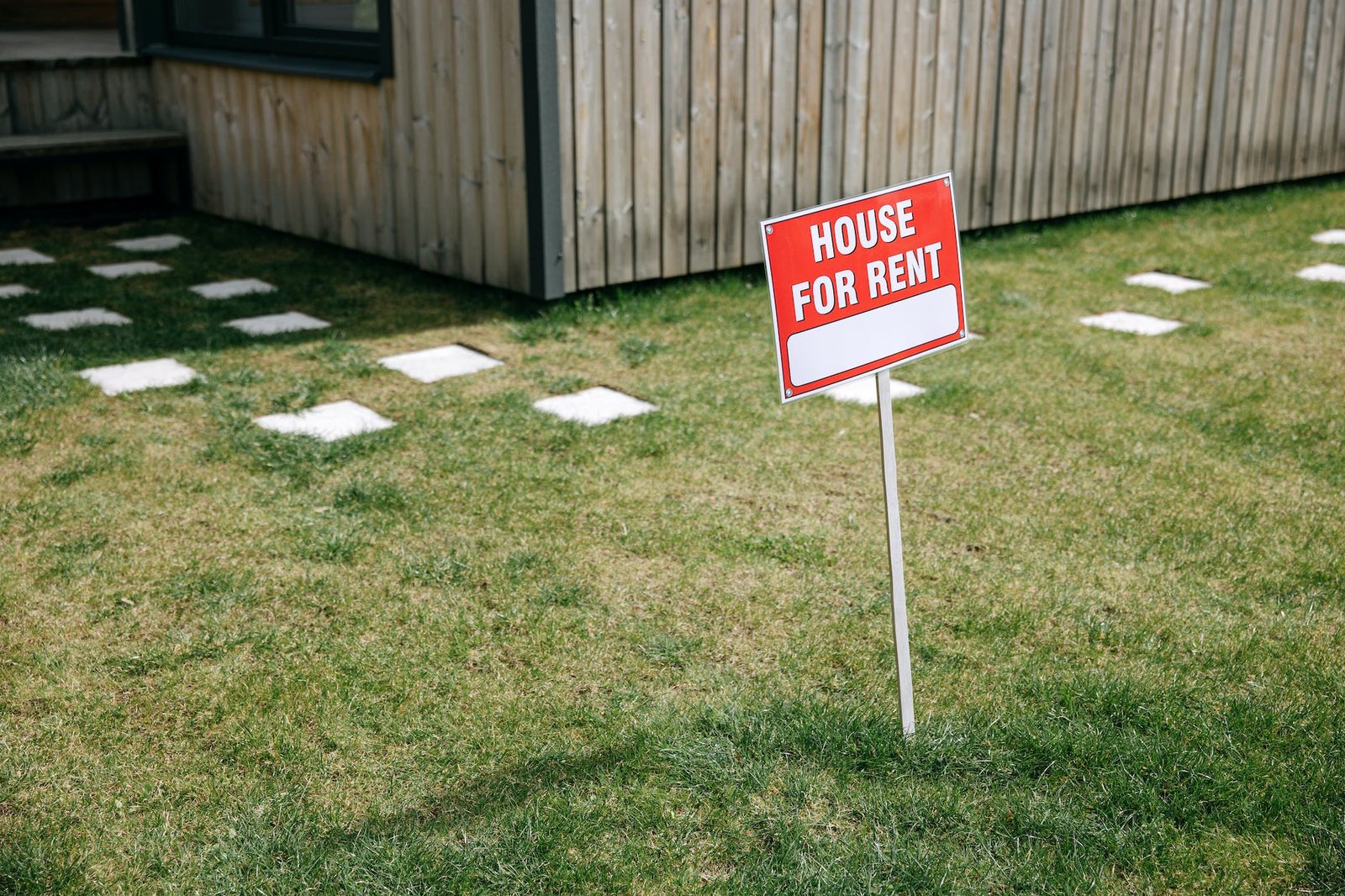
Photo by Ivan Samkov on Pexels.com
Investing in real estate can be a lucrative venture, but it’s crucial to thoroughly evaluate the financial viability of any investment before diving in. Analyzing rental yields, operating expenses, and potential risks is essential to make an informed decision. In this blog post, we will explore these factors and discuss the importance of seeking professional advice for accurate calculations.
One of the key indicators of a property’s financial performance is its rental yield. Rental yield is the annual income generated from rent as a percentage of the property’s value. It helps determine the potential return on investment and assess the property’s cash flow.
To calculate rental yield, divide the annual rental income by the property’s value and multiply by 100. For example, if a property generates $20,000 in annual rental income and is valued at $400,000, the rental yield would be 5%.
While a higher rental yield may seem appealing, it’s essential to consider other factors such as location, market demand, and potential rental growth. Additionally, take into account any expenses associated with property management, maintenance, and vacancies.
Operating expenses are the costs involved in maintaining and managing a property. These expenses can significantly impact the financial viability of an investment. It’s crucial to carefully analyze and estimate these costs to ensure accurate calculations.
Operating expenses typically include property taxes, insurance, maintenance and repairs, property management fees, utilities, and any other costs associated with the property’s upkeep. It’s important to factor in inflation and potential increases in expenses over time.
Consider seeking professional advice or conducting thorough research to estimate operating expenses accurately. Real estate professionals or property management companies can provide valuable insights and help you make more informed decisions.
Investing in real estate comes with its share of risks. It’s important to identify and evaluate these risks to assess the financial viability of an investment properly. Some common risks include:
By thoroughly evaluating these potential risks and considering them in your financial calculations, you can make a more informed decision about the viability of an investment.
While it’s possible to conduct your own financial analysis, seeking professional advice is highly recommended. Real estate agents, financial advisors, and property management companies have the expertise and experience to provide valuable insights and accurate calculations.
Professional advisors can assist in estimating rental yields, analyzing operating expenses, and identifying potential risks specific to your investment. They can also guide you through the process of evaluating the financial viability of an investment and help you make informed decisions.
Remember, accurate calculations are crucial in determining the financial viability of an investment. Seeking professional advice can provide you with the confidence and assurance needed to make sound investment decisions.
In conclusion, evaluating the financial viability of an investment requires a careful analysis of rental yields, operating expenses, and potential risks. By considering these factors and seeking professional advice, you can make informed decisions and increase your chances of a successful investment.
This post was published on February 20, 2024